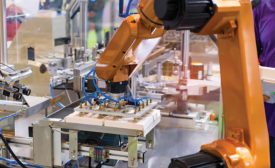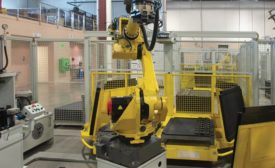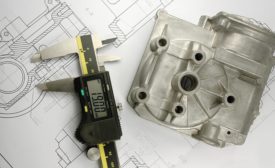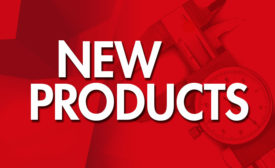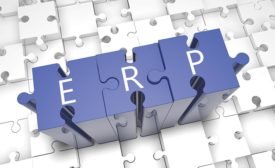Home » ERP software
Articles Tagged with ''ERP software''
The business world, including the manufacturing sector, seems to move a little faster every day.
Read More
Taking a Data-Driven Approach to Commercial Automotive Quality
This approach gives manufacturers the data and insights to maximize their quality and efficiency.
November 8, 2019
Best Practices to Ensure a Successful ERP Implementation
When a company approaches a project with a properly designed strategy and execution, success is nearly a certainty.
September 1, 2019
How to Decide on your Next Gage Management Solution
Three paths to consider.
March 1, 2019
INDUSTRY HEADLINE
Global Shop Solutions Celebrates 25-Year Anniversary of Erika Klein, Vice President of R&D
June 20, 2018
ERP Software: Get Thee to the Cloud—or Get Left Behind
ERP software vendors still provide on-premise and mixed ERP options for manufacturers, but the future is in the Cloud.
January 8, 2018
Industry 4.0 and the Age of Exploration
These are exciting times in terms of both technological advancements and the potential for a new world order in manufacturing.
November 20, 2017
Seven Keys to Staying Ahead of Business Disruption during ERP Migration
Overcoming risk requires proactive planning.
May 1, 2017
Stay in the know with Quality’s comprehensive coverage of
the manufacturing and metrology industries.
eNewsletter | Website | eMagazine
JOIN TODAY!Copyright ©2024. All Rights Reserved BNP Media.
Design, CMS, Hosting & Web Development :: ePublishing
